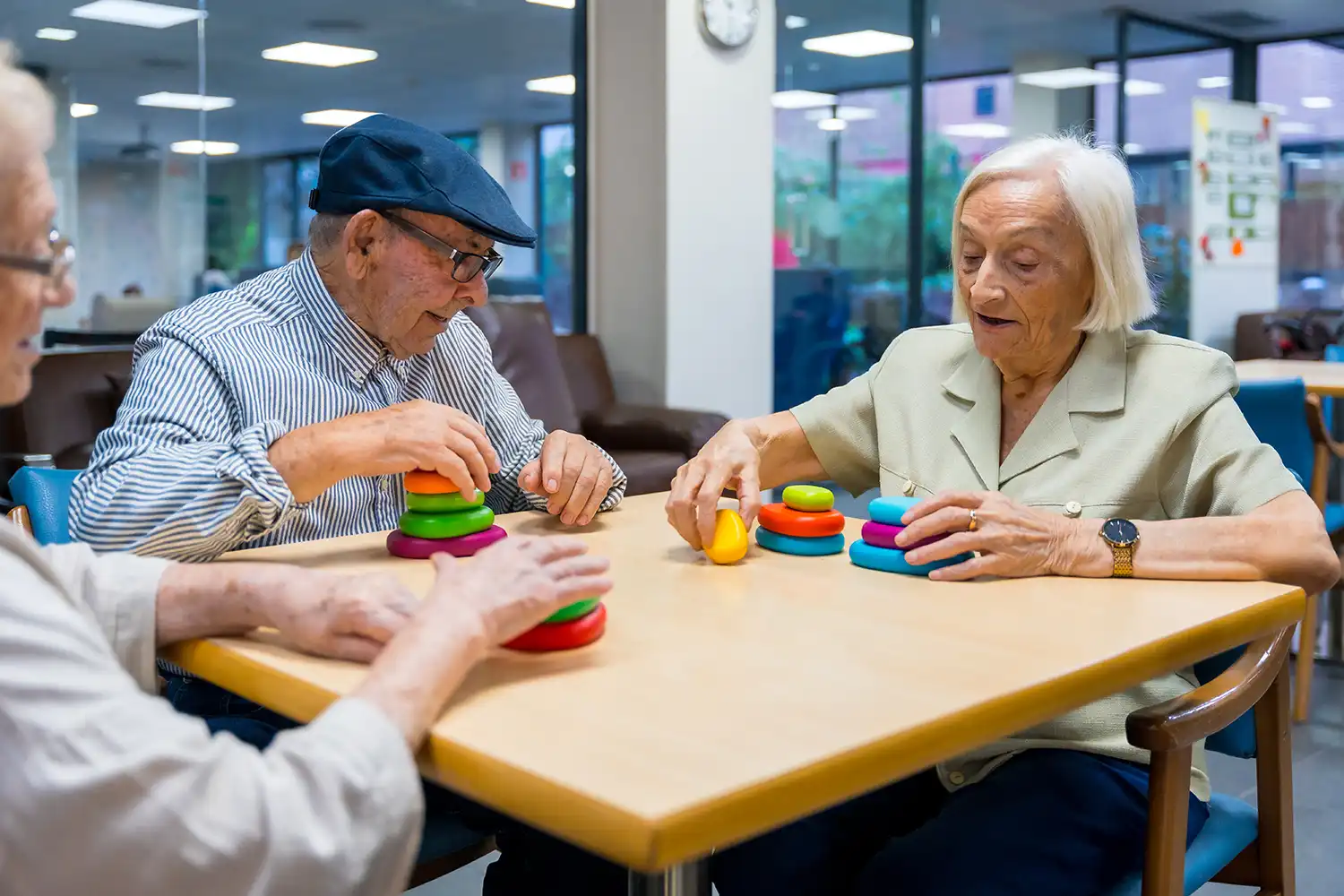As a family caregiver, you hold the keys to your loved one’s health. You take care of the big and little tasks of their health and personal care, such as scheduling medical appointments, handling medications, communicating with their doctors and dealing with the details of their health coverage. The last thing you need are additional worries about whether their treatments and medications are covered by their health plan. The good news is there are steps you can take to understand their coverage and protections available to help.
This is National Family Caregivers Month, and we want to recognize everyone who carries out this important role. Whether it is caring for your young children or grandchildren, your spouse or partner, your parents or other loved ones, being a caregiver takes time and dedication. We’re sharing helpful tips that apply whether you are taking care of your immediate family with coverage through a job-based health plan or aging family members with coverage under Medicare or Medigap plans:
- Know your loved one’s health coverage. Review health coverage documents to see what is and is not covered; the provider network information so that you can find out if the providers you want are in the plan’s networks; and the deductibles, copayments and coinsurance for amounts you may need to pay- especially the costs for out-of-network providers – to avoid unwelcome bills. Also learn about health benefit protections for the health coverage to know your (your loved one’s) rights and options. If you don’t have copies of the plan documents, contact the plan administrator to request them. Additionally, determine what the process is for you to be able to act on behalf of your loved one in connection with the plan – the plan may require the participant to sign an authorization or other form, or you may be able to provide the plan with power of attorney or similar legal documentation.
- Check the provider network before scheduling appointments. It’s often more cost effective for your loved one to receive care from participating providers. Remember that the list of in-network providers changes, so check it when scheduling an appointment and confirm with the providers themselves. If you’re not sure how to access the network directory, ask the plan administrator.
- Take advantage of preventive services. Many preventive services are provided at no cost. These include annual check-ups, immunizations and screenings for high blood pressure, diabetes and cancer – which can result in early detection and improve health outcomes. Review our publication “Top 10 Ways to Make Your Health Benefits Work for You” for more information.
- Don’t take no for an answer. If your loved one’s health plan denies their claim for payment for all or part of the medical bills, contact the plan to see whether the claim can be resolved in your favor or whether you can better understand how the plan arrived at its determination. If you continue to disagree with the plan’s determination, you can appeal it. Look at the Explanation of Benefits (EOB) or denial letter for instructions on how to appeal, including whether you need to provide any documentation for authorization to act on your loved one’s behalf. If a claim is denied for medical reasons, ask the plan (in writing) for an explanation of the scientific or clinical reason for the denial and the identity of any medical or vocational expert who provided reliable advice. This makes it easier for your doctor(s) to write letters to support your appeal. To learn more about job-based health plans, read our publication “Filing a Claim for Your Health Benefits” or find out more about Medicare and Medigap benefits.
- Get help. As a caregiver, you are handling a lot. You can contact the plan administrator for the health plan if you have questions about your loved one’s health coverage. You also can contact an EBSA Benefits Advisor with your questions or for assistance with the plan by visiting askebsa.dol.gov or calling 1-866-444-3272. Call 1-800-633-4227 for questions on Medicare.
- Take care of yourself! When you’re on a plane, the flight attendants always remind you that, in the event oxygen is necessary, you need to put on your own oxygen mask before you help someone else with theirs. The same is true when you are a caregiver. You need to take care of yourself to help others who depend on you. Be sure to keep up with your own annual wellness visits and get the medical and mental health care you need.
Thank you for all you do to take care of your loved one. You play a critical role in their life. We know it is challenging – and we’re here to help as you work to make informed decisions about your loved one’s health care.
Reference: Posted in U.S. Department of Labor Blog (2024), Available at: https://blog.dol.gov/2024/11/27/caring-for-a-family-member-includes-understanding-their-health-coverage (Accessed: 10 December, 2024)





